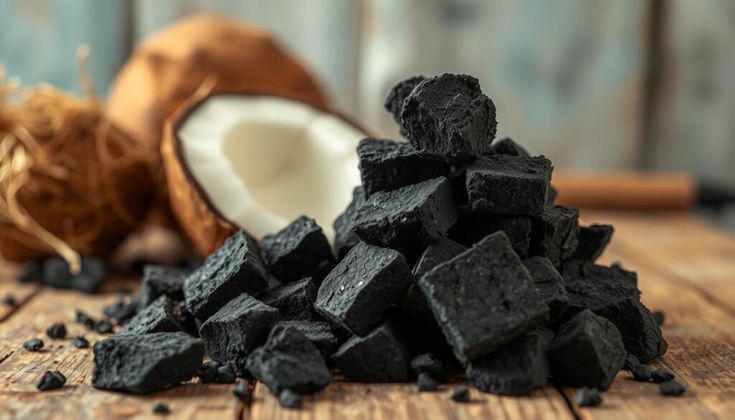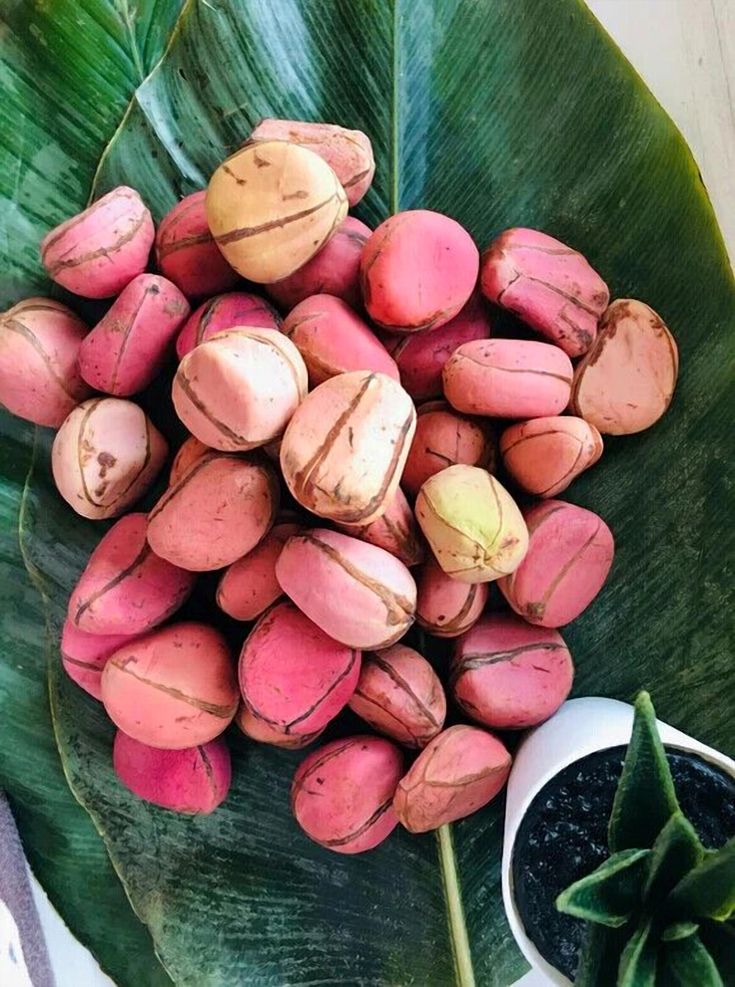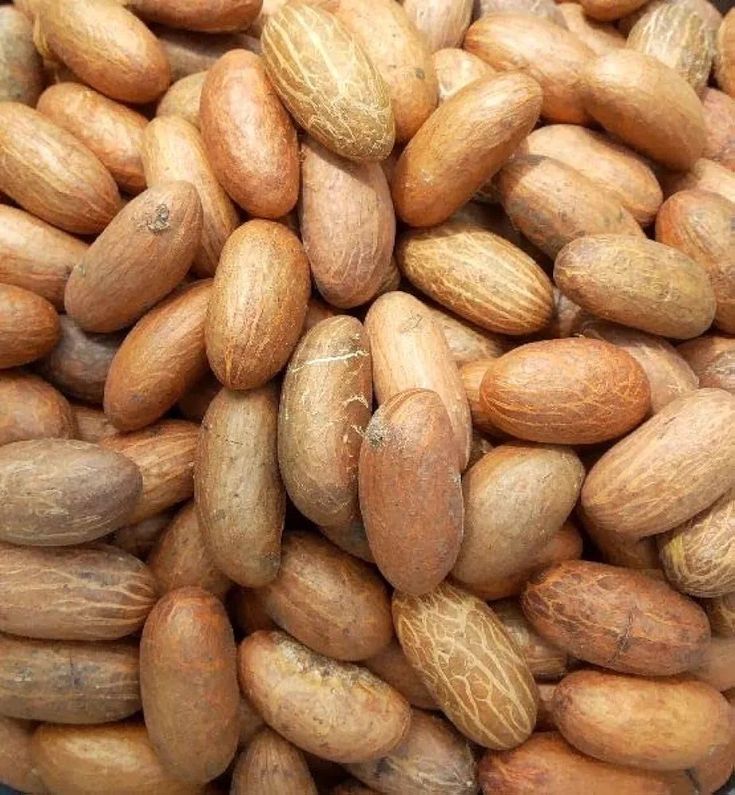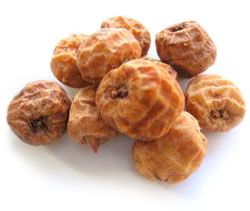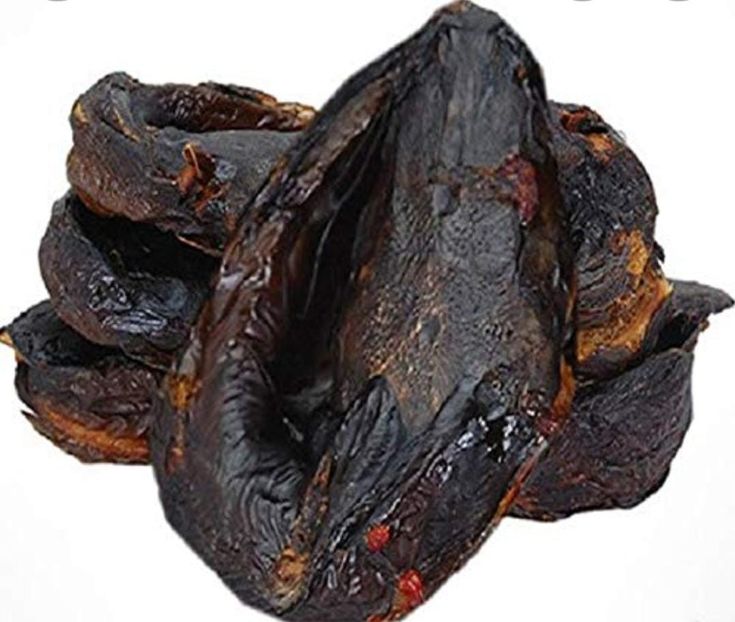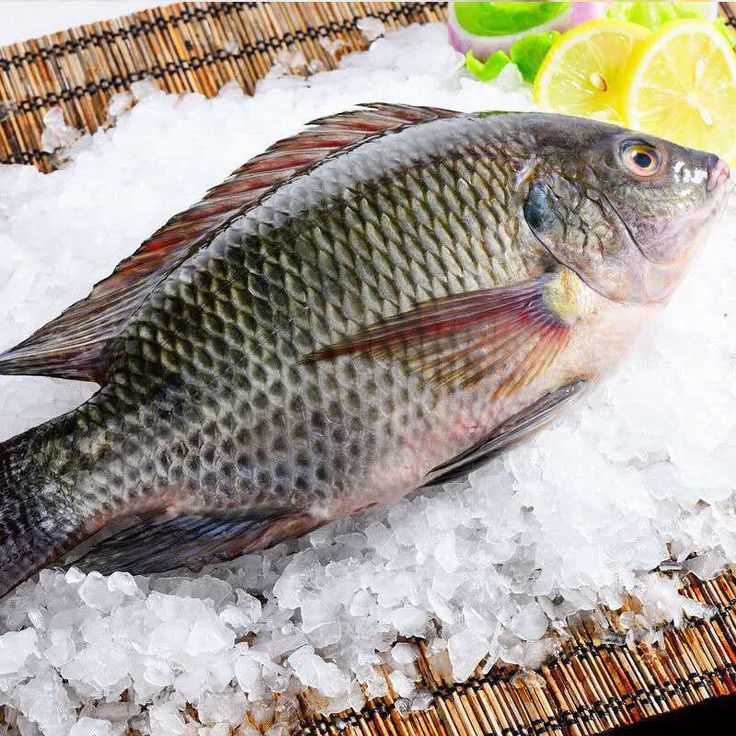What It Is
Coconut shell charcoal is a carbon-rich, smokeless biofuel produced by the carbonization of coconut shells—a byproduct of coconut fruit processing. It is known for its superior burning properties, low ash content, and eco-friendliness. It is used both for domestic and industrial purposes and is a raw material for activated carbon production.
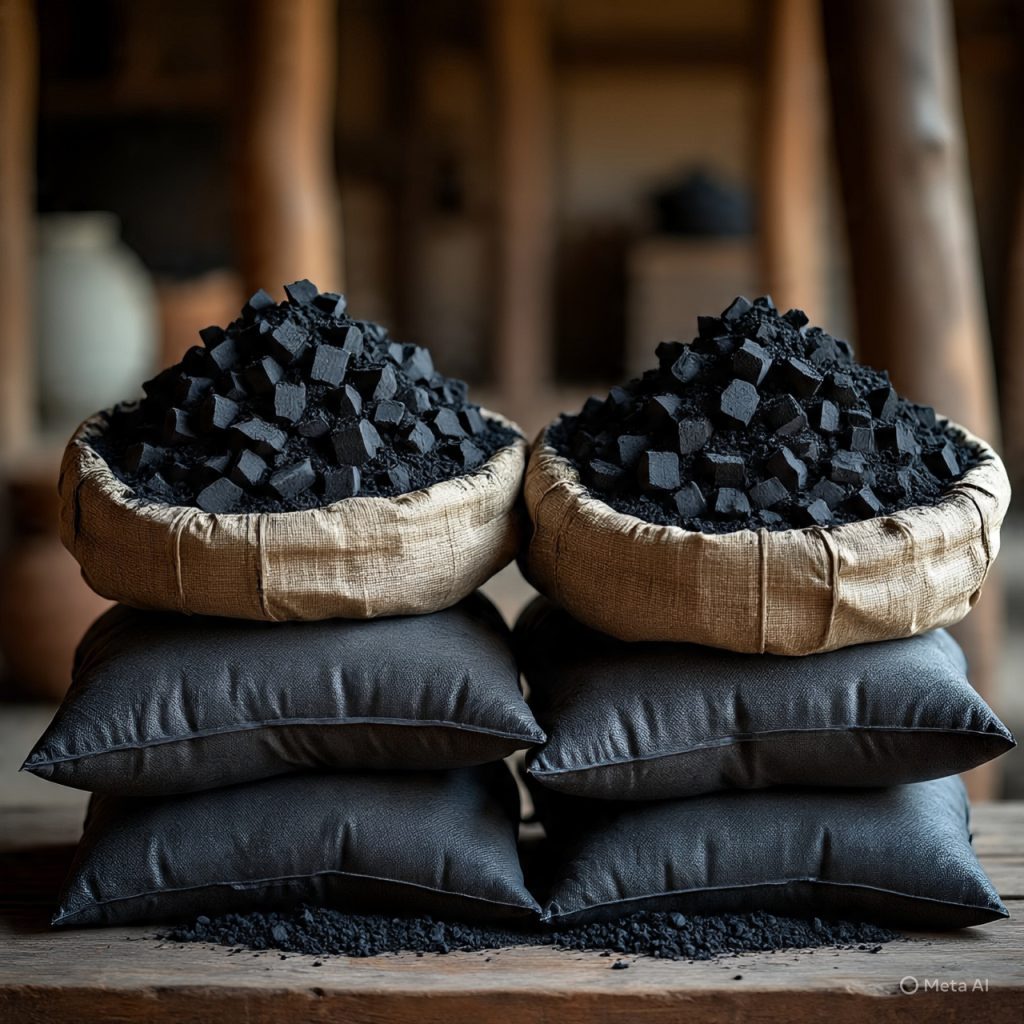
Export Form
-
Primary Export Form:
-
Crushed or granular form
-
Briquettes (pillow-shaped or hexagonal)
-
-
Moisture Content: Below 10%
-
Ash Content: Below 5%
-
Fixed Carbon: Above 70%
-
Volatile Matter: Below 15%
Global Market Demand
Coconut shell charcoal is in high demand in:
-
Europe (Germany, UK, Netherlands) – for water and air filtration industries
-
Middle East (UAE, Saudi Arabia) – for shisha/hookah charcoal
-
Asia (India, South Korea, Japan) – for activated carbon production
-
United States – for grilling, eco-friendly heating fuel, and cosmetics
Industrial Uses
-
Activated Carbon Production (used in water/air purification, pharmaceuticals)
-
Shisha/Hookah Charcoal
-
Barbecue Charcoal
-
Cosmetics & Skincare – face masks and soaps
-
Metallurgy & Foundries – as a reducing agent
-
Odour Removal – in refrigerators, air purifiers, etc.
Packaging
-
25kg or 50kg PP woven bags
-
Moisture-proof inner liners recommended
-
Charcoal Briquettes:
-
Boxed for retail
-
Bulk-packed for industrial use
-
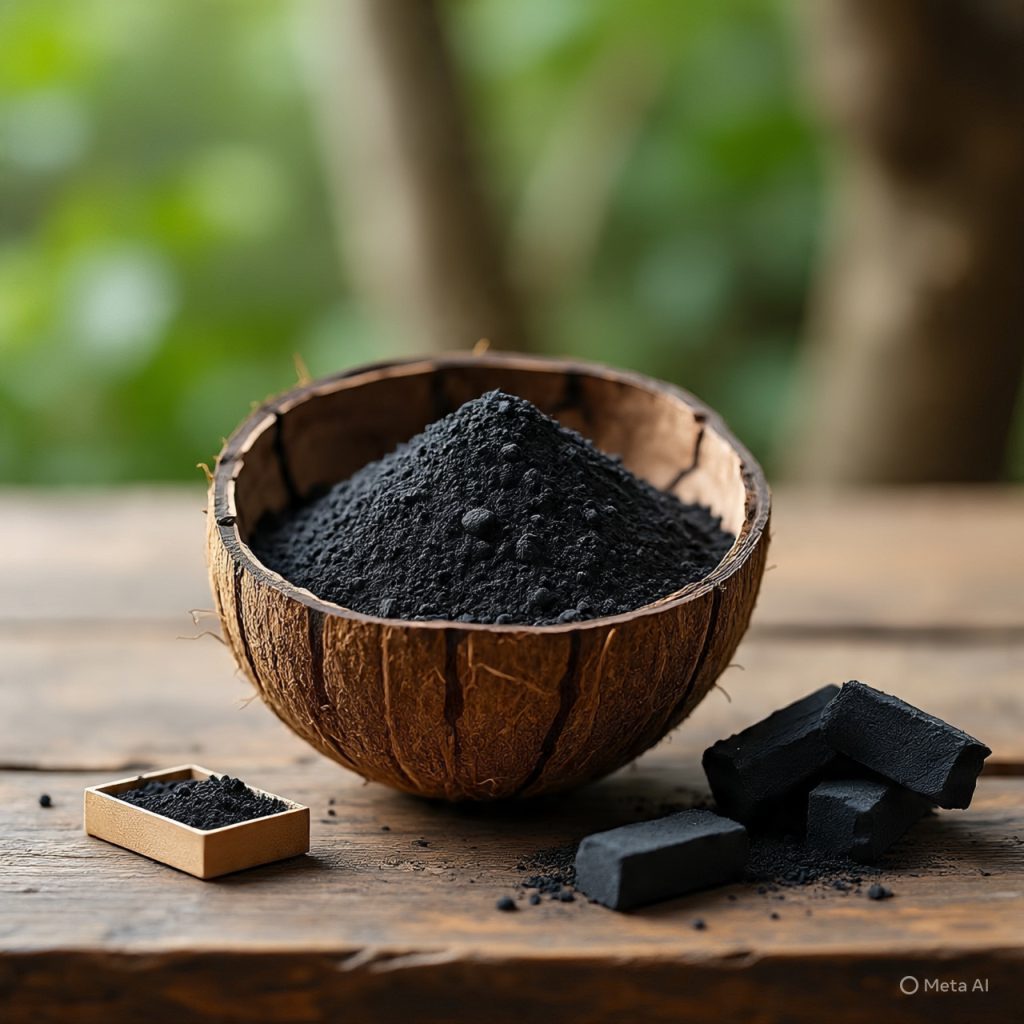
HS Code
-
440290 – Other wood charcoal (including coconut shell charcoal)
Export Price (Estimated FOB – Lagos Port)
-
Crushed Coconut Shell Charcoal:
$280 – $350 per metric ton -
Coconut Shell Briquettes (Shisha/BBQ grade):
$600 – $900 per metric ton
Advantages of Exporting Coconut Shell Charcoal
-
Renewable and sustainable raw material
-
Low environmental impact
-
High global demand in multiple industries
-
Long shelf life and good packaging adaptability
-
Can be value-added through briquetting

